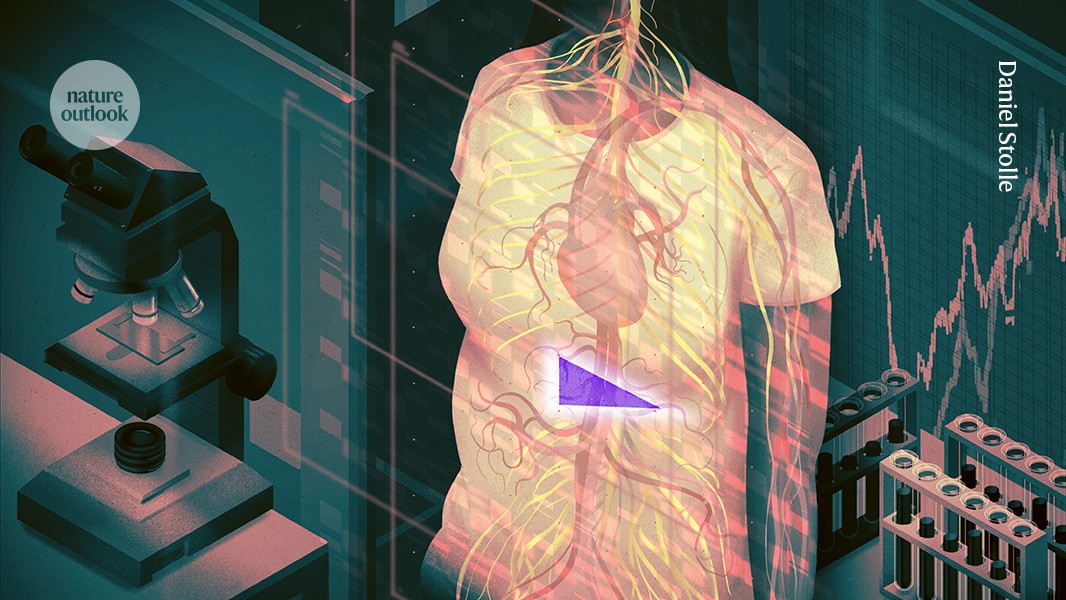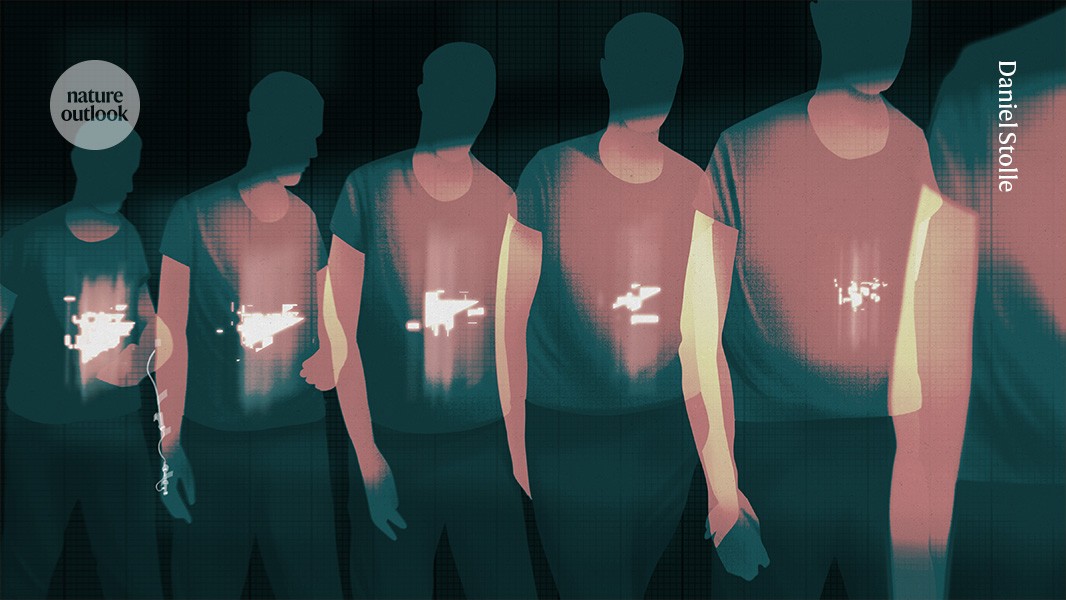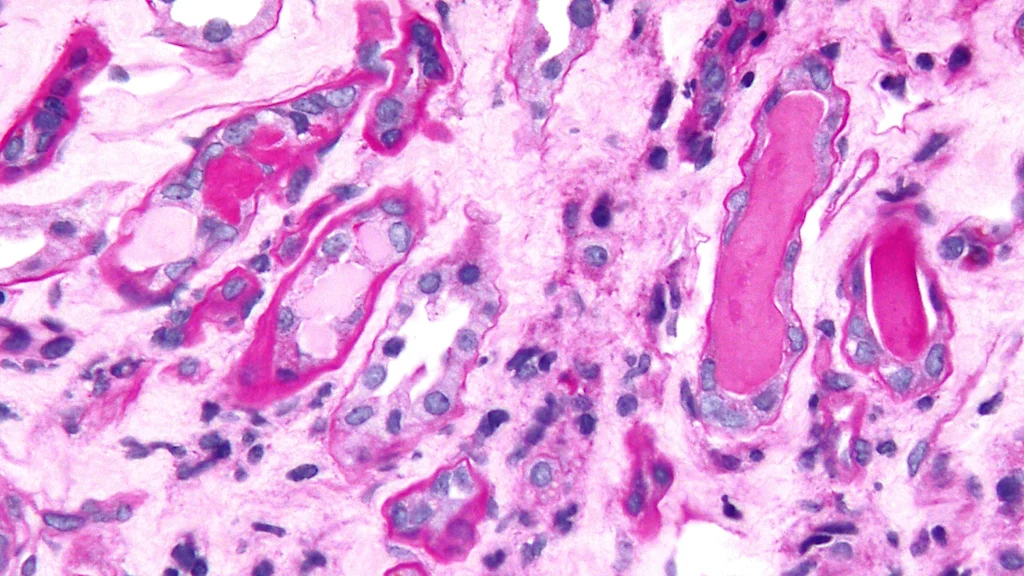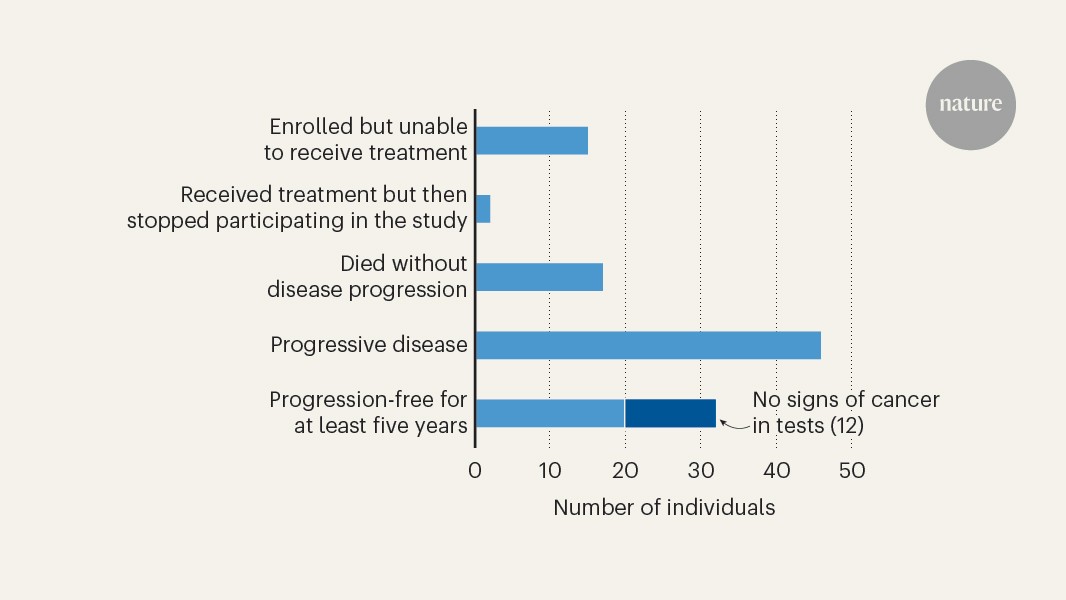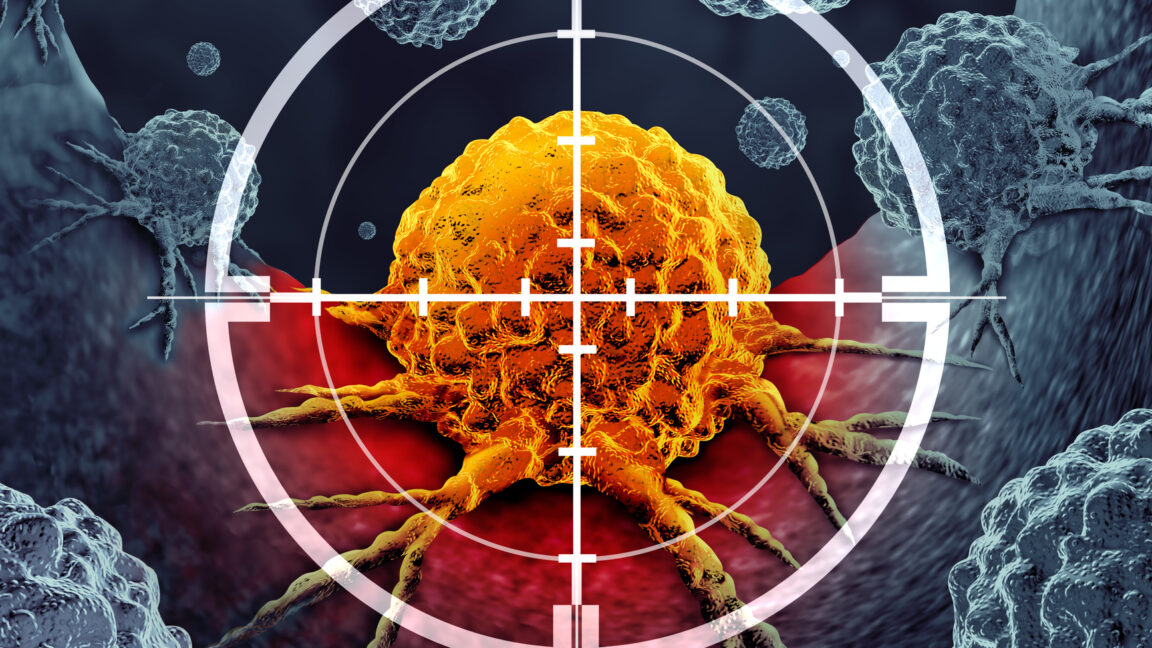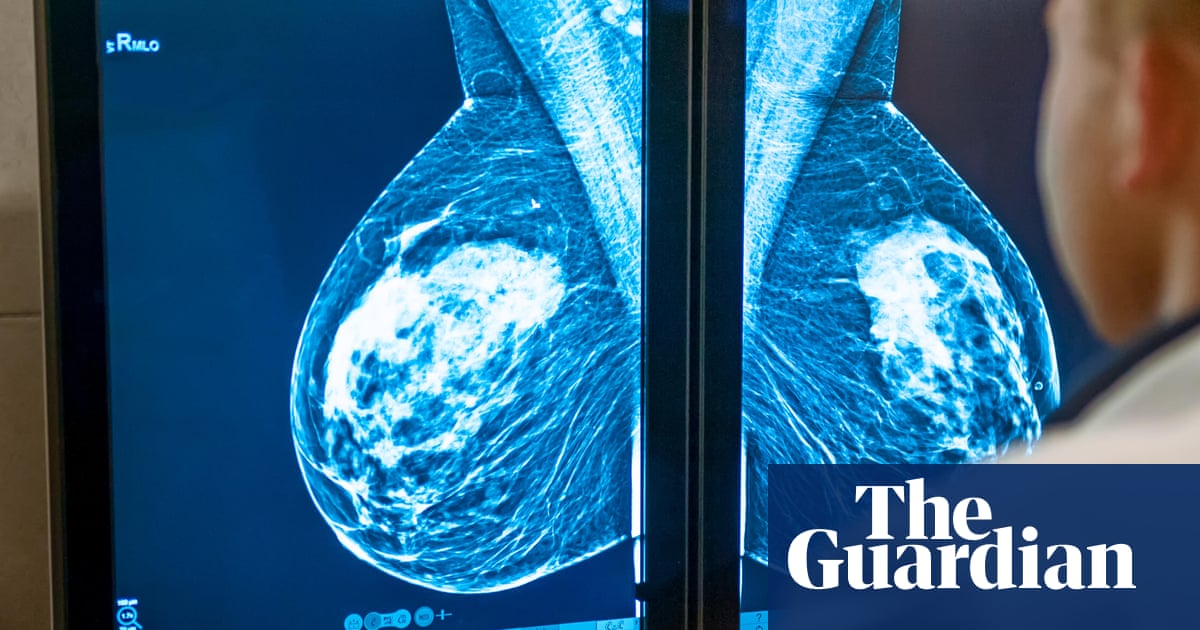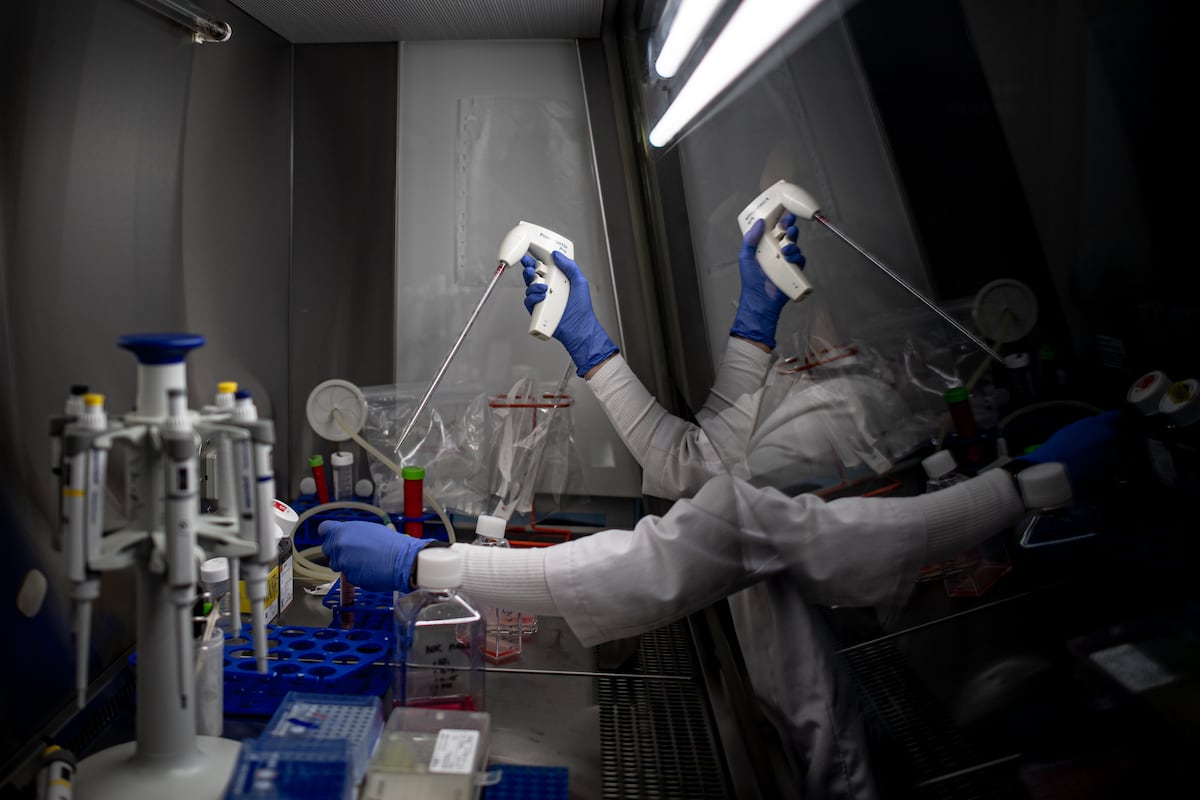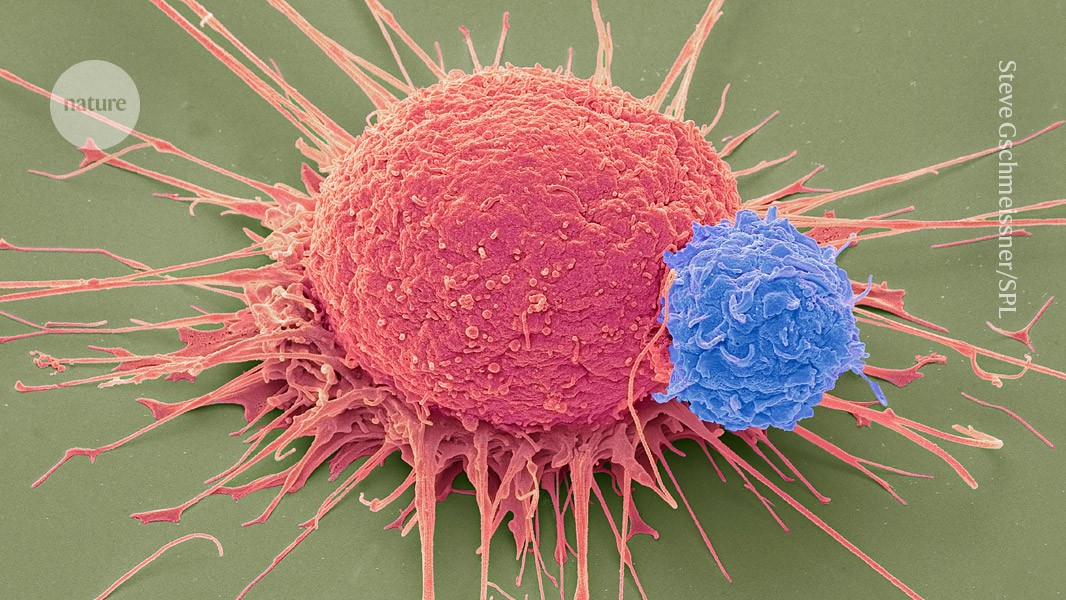#immunotherapy
#immunotherapy
[ follow ]
#cancer-treatment #clinical-trials #cancer-research #car-t-cell-therapy #pancreatic-cancer #clinical-trial
Business
from24/7 Wall St.
1 week agoWall Street Thinks These 4 Biotech Stocks Will Double--At Least--This Year
Wall Street analysts assign unanimous or near-unanimous Buy ratings to four clinical-stage biotech companies, implying potential gains up to 384% driven by late-stage pipelines and upcoming catalysts.
fromwww.bbc.com
1 week ago'Breast cancer cell images show beauty in all'
Anais Muczynski, 36, an orthoptist who lives with her husband Vincent Muczynski, 41, a researcher, received her primary breast cancer diagnosis in January 2023 after discovering a quail egg-sized lump in her left breast. At the time, the London-based couple were "optimistic", as it was stage one meaning the cancer was only in the breast tissue or in the lymph nodes close to the breast and she underwent chemotherapy, immunotherapy, and a double mastectomy.
Medicine
fromThe Washington Post
2 months agoSmall study shows a promising path toward HIV cure
Researchers gave 10 people with HIV a complex regimen of experimental immunotherapies, then discontinued the daily pills that kept the virus at bay. In six participants, the virus rebounded slowly and stayed at a low level for months, and one person's immune system kept the virus in check for more than a year and a half - giving scientists hope that they could optimize the approach to create a cure.
Medicine
fromNature
4 months agoThese immune cells won Nobel fame - can they solve autoimmune disease?
The class of immune cells at the centre of Monday's Nobel prize is showing promise as a treatment for autoimmune diseases, cancer and even organ transplants - but there are still key challenges to overcome before these cells can be used in therapies in the clinic. Regulatory T cells, or T reg cells, help to prevent the body from attacking its own tissues.
Medicine
fromNews Center
5 months agoMolecular Mechanisms Support Long-term Immunity - News Center
Scientists in the laboratory of Weiguo Cui, PhD, professor of Pathology in the Division of Experimental Pathology, have identified novel molecular mechanisms that help specialized T-cells maintain long-term immunity in response to chronic infection and cancer, according to recent findings published in Nature Immunology. Previous work from Cui's laboratory and others revealed that exhausted T-cells, or T-cells that have become dysfunctional after chronic antigen stimulation such as chronic infection and cancer, comprise different subgroups of T-cells.
Science
#cancer-treatment
Cancer
fromenglish.elpais.com
8 months agoKeys takeaways from the world's biggest cancer research conference: Trojan horses and blood tests as treatment guides
Immunotherapy is revolutionizing cancer treatment and has substantial potential, especially when used earlier and more precisely in patient profiles.
[ Load more ]





